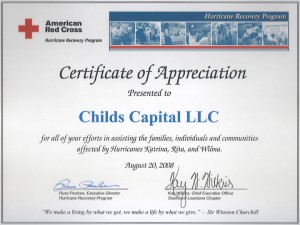The current debate over the proposed legislation to authorize $700 billion for the U.S. Treasury to purchase non-performing mortgage assets raises a number of issues, including concerns about moral hazard risk. The draft legislation does not authorize the Secretary of the Treasury to oversee the recipient institutions from which the federal government would purchase these assets. Of course, banks could choose not to subject themselves to such oversight; they could simply refrain from participating in what is perceived as a bail out of Wall Street. But as the legislation stands right now, the Secretary of the Treasury would have no such authority, setting up a classic moral hazard risk. It is analogous to the federal government’s programs for disaster relief, which provide aid after the disaster has struck, but such aid is not contingent on land-use regulation or financed with risk-based premiums. As a result, construction in areas prone to major natural disasters has dramatically outpaced construction in safer areas. The management of risk is, in essence, the management of moral hazard and our federal government fails on that score.
At the same time, mega bank mergers (Citibank announced its acquisition of Wachovia, JP Morgan Chase has done the same for Washington Mutual and Bank of America is to be the new owner of Merrill Lynch) means that we have more banking institutions deemed too big to fail. The insurance industry, too, has exposure to non-performing mortgage assets in their investment portfolios. However, with more than 3,000 institutions insuring property-casualty risk in the United States, the industry has a lower concentration of risk as compared with commercial and investment banks. Let’s hope that Congress proceeds more carefully with the legislation proposed by Treasury.

